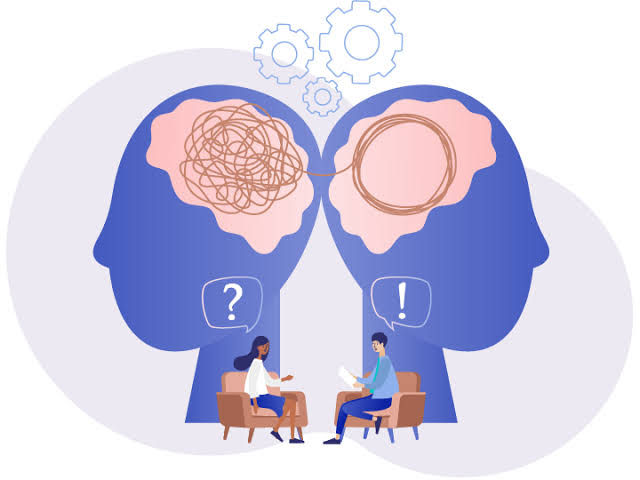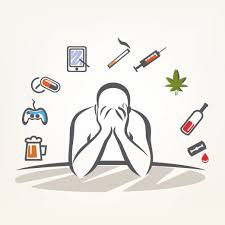Hallucinogens and Psychosis: LSD, Psilocybin, and Reality Distortion
- Collective Care

- Oct 1, 2025
- 2 min read
At Collective Care Center, Pune, we recognize that understanding the impact of hallucinogens on mental health is essential to creating pathways for sustainable recovery. Substances like LSD (lysergic acid diethylamide) and psilocybin (magic mushrooms) are known for producing altered states of consciousness, but in vulnerable individuals they can also lead to reality distortion, hallucinations, paranoia, and psychosis.
What Science Says About Hallucinogens and Psychosis
Research in psychiatry has shown:
LSD: By overstimulating serotonin receptors, LSD can trigger hallucinations, delusions, and perceptual distortions. For some, this “trip” resolves quickly, but in others it may lead to long-lasting psychosis.
Psilocybin: While being studied for therapeutic benefits, psilocybin can also provoke acute psychosis or worsen underlying psychiatric conditions, particularly in those with a family history of schizophrenia or bipolar disorder.
Vulnerability Factors: Adolescents, individuals with trauma, and those using high or repeated doses face greater risk of persistent psychotic symptoms.
According to studies published in journals such as Psychological Medicine and JAMA Psychiatry, even “one-time” use of psychedelics in at-risk populations can trigger recurrent psychotic episodes.
Why Do Hallucinogens Trigger Psychosis?
Neurochemical effects – LSD and psilocybin alter serotonin and glutamate systems, impacting brain networks involved in perception and reality testing.
Psychological vulnerability – Pre-existing trauma or anxiety may amplify “bad trips” into prolonged psychosis.
Genetic predisposition – Those with family histories of psychosis are at significantly higher risk.
Environmental stress – Using hallucinogens in unsafe or overwhelming settings can worsen dissociation and paranoia.
Healing at Collective Care Center
At Collective Care, we combine scientific evidence with compassionate rehabilitation to help clients recover from hallucinogen-induced psychosis and related challenges. Our care model includes:
Trauma-informed rehab programs – Addressing deep-rooted psychological vulnerabilities alongside addiction recovery.
Psychiatric and therapeutic rehab centre services – With rehabilitation with clinical psychologists and certified counsellors for addiction recovery.
Relapse prevention support group in Pune – Ongoing group sessions to reduce risk of recurrence.
12-step recovery program India – Structured peer-based healing integrated into recovery journeys.
Holistic rehabilitation with yoga and meditation – Strengthening mind-body balance for long-term mental health.
Rehabilitation for professionals and working adults – Tailored plans that fit into demanding careers.
Top-rated rehab centre testimonials – Backed by real stories of healing and transformation.
Final Words
Hallucinogens like LSD and psilocybin may appear harmless or even therapeutic in popular culture, but for vulnerable individuals, they can provoke serious psychotic episodes and lasting mental health issues. At Collective Care Center, we believe recovery requires integrated care—clinical, psychological, and holistic—to restore stability and wellbeing.
Whether you are seeking a psychiatric and therapeutic rehab centre, a relapse prevention support group in Pune, or a holistic rehabilitation program with yoga and meditation, we are here to support you.
Reach out to Collective Care Center, Pune—your trusted partner for lasting recovery. Together, we can help rebuild clarity, health, and hope.


